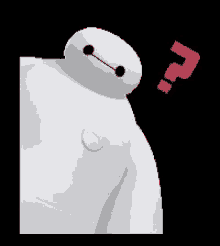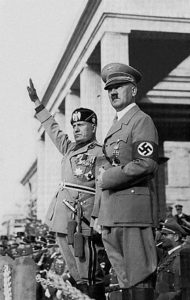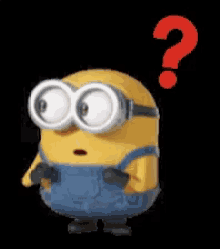What is Dictatorship?
dictatorship is
a unitary form of government
characterized by a single leader
or group of leaders and little or
no toleration for political pluralism
or independent programs or media.
According to other definitions,
democracies are a form of government
in which “those who govern are
selected through contested
elections“;
therefore
dictatorships are “not democracies“.
With the advent of
the 19th and 20th centuries,
dictatorships and constitutional democracies
emerged as the world’s two major forms of
government, gradually eliminating monarchies,
one of the traditional widespread forms
of government of the time.
Typically,
in a dictatorial regime,
the leader of the country is
identified with the title of dictator,
although their formal title may
more closely resemble something
similar to “leader”.
A common aspect that characterized
dictatorship is taking advantage of
their strong personality,
usually by suppressing freedom of
thought and speech of the masses,
in order to maintain complete political
and social supremacy and stability.
Dictatorships and totalitarian societies
generally employ political propaganda
to decrease the influence of proponents
of alternative governing systems.
Benito Mussolini (left) and Adolf Hitler.
Hitler’s policies and orders both
directly and indirectly resulted in the deaths
of about 50 million people in Europe.
Together with Mussolini’s Italian Fascism,
they have marked the inception of
the “totalitarian regimes”.
What is a 3rd world problem?
Corruption, poverty, war, hunger, healthcare,
education, safety. These are only a few of
the problems faced by people in
developing countries.
Many of these problems are
caused by exclusion, fear, intimidation,
broken infrastructure, and lack of money,
resources, access to information, and tools.
From Encyclopedia
독재(獨裁
독재(獨裁, 영어: dictatorship) 또는
독재정(獨裁政)은 일인 또는 일정한 집단에
권력을 강압적으로 집중시키거나 일부를 배척하면서
지배하는 권위적인 정치를 말한다.
독재의 뜻은 “홀로(獨) 재단(裁)한다”는 뜻으로서
“일인, 또는 일정한 집단”(獨)이 마음대로 가위질하듯
지배한다는 뜻이 담겨 있다.
독재 정치는 개인이 행하는 일인 독재,
군인들이 행하는 군사 독재, 민간인이 행하는
문민 독재, 그리고 민중 등 계급이 행하는
계급 독재(프롤레타리아 독재), 다수가 행하는
대중 독재가 있다. 또한 국민의 지지를 얻지 못하는독재,
국민 다수에 의한 독재 그리고 국민 대중의 지지를 받는
독재로 나뉠 수 있다.
독재의 특징
전제정치와의 차이
인민투표 등 무엇인가의 형태로서
대중의 지지에 기초를 둔 지배라는 점에서
전제 정치와 구별된다.
일반적인 예로서는 프랑스 대혁명 직후의
자코뱅당의 독재와 무솔리니와 스탈린,
김정은과 히틀러의 독재 등이 있다.
또한 마오쩌둥의 홍위병 역시 대중의 지지와
자발적인 참여에 의한 것이었다.
마르크스-레닌주의에서의 규정
그러나 마르크스-레닌주의에서는
개인의 독재가 아니라 계급의 독재를 말하며
‘직접 폭력에 입각하여 아무런 법률의
구속을 받지 않는 권력'(레닌)이라고
규정하고 있다.
저명한 마르크스주의 역사학자인 에릭 홉스봄은
《폭력의 시대》에서 독재의 특징을 국민들은
무능하고 어리석기 때문에
영도자의 지도가 있어야 한다는
엘리트주의적인 편견을 거름으로 하여
자라는 것이라고 해석하여, 민주주의가 굳게
뿌리내릴 때에 독재를 막을 수 있다고 말한다.
From Encyclopedia
Information 감사합니다
http://www.loaloachristiannetwork.com/
<Photo from app>


